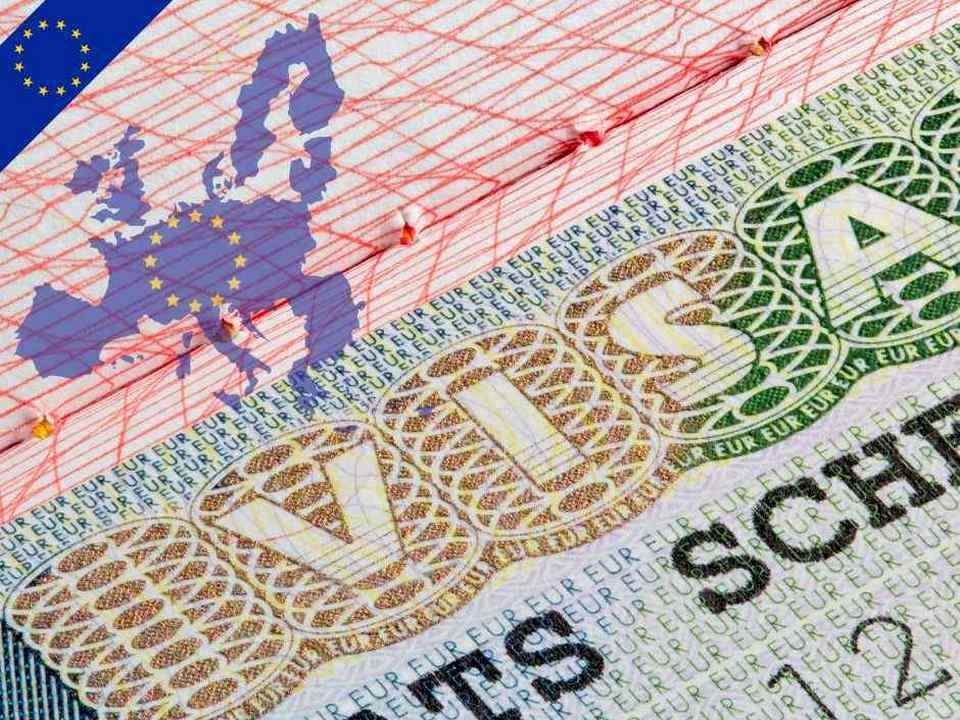
Thai premier Srettha Thavisin’s determination for Thais to visit Schengen countries without visa approval has woken up sleepy diplomats. On a recent visit to French president Emmanuel Macron, Srettha was promised full support for the idea following the 2024 European Parliament elections. On a subsequent meeting in Berlin with the German president, visa-free travel for Thais was noted as a possibility worthy of further discussion.
And why not? Three members of ASEAN – Brunei, Singapore and Malaysia – already have the cherished right, whilst the Gulf states are confident of visa-free Schengen travel for their nationals later this year. There are 23 EU countries subscribing to the Schengen visa-free arrangements plus Iceland, Liechtenstein, Norway and Switzerland. One or two EU members, including Ireland, maintain their own visa policies, whilst the UK is now obviously an irrelevance in this context.
The Schengen policy allows foreigners in permitted countries (currently 61) a 90 days seamless travel window throughout most of Europe in any 180 day period. On arrival at the first Schengen country, new arrivals need show only a valid passport. However, immigration staff are empowered to ask for extra evidence such as onward travel tickets, accommodation booking, sufficient funds. Working without a work visa is illegal. Once inside the country, visitors can travel within the entire zone without formal immigration control.
The obvious downsides for the host countries are overstayers, unfounded asylum seekers and criminals taking advantage of the flexibility. However, the European Parliament has found less evidence of nefarious activities in recent years than critics maintain. Advanced computer systems, in use at entry points across Europe, can flag unwelcome visitors who have had legal problems on previous visits or are wanted by the courts or are suspected of serious crimes by Interpol. EU ambassadors point out that Schengen discretion towards any particular country can be shelved or terminated if and when abuses run rampant.
In return, Srettha is promoting the idea of a mini-Schengen in Asia whereby EU citizens could enter Thailand, Vietnam, Cambodia, Laos and Malaysia provided they had entry clearance to just one. This issue will need careful discussion since ASEAN countries are far from unified on visa issues. For example, Thailand allows most international tourists to enter for free, whereas Cambodia charges almost everyone US$30. There is presently no regional agreement for extensions of stay or residence with each ASEAN country having its own regulations.
None the less, the travel world is now witnessing the collapse of the international visa system, at any rate for holiday makers, and the trend is likely to grow. Critics may scoff at Srettha’s bold and imaginative proposals, but his confidence may well turn up trumps for Thai travellers.








